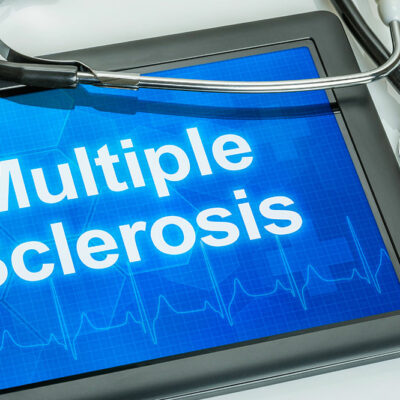
Relationship Between Breast Cancer and Genetics
Cancer forming in the breast occurs when cells present in the breast mutate and begin to grow swiftly. Cancer occurs due to several factors ranging from age to lifestyle issues to genes. The genes are the small fragments of the DNA that control the function of the cells. The genes may get subjected to changes or mutations which alter the way cells work. Furthermore, the abnormalities present along BRCA1 and BRCA2 genes are held responsible for breast cancer. Here’s an overview of genetics and cancer of the breast.
1. BRCA1 and BRCA2
The development of breast cancer is mostly accredited to abnormalities in the BRCA1 and BRCA2 genes. The primary function of these genes is the reconstruction of damaged cells and the maintenance of normal cells in the breast and ovaries. However, when these genes include abnormalities, they get carried from generation to generation and impair proper functioning leading to increased cancer risk.
2. Other gene mutations
The chances of developing cancer along the breast can also be caused due to other inherited genes. These include:
- ATM : The gene responsible for reconstructing damaged DNA inherited in abnormal form can lead to an increased risk of breast cancer in few families.
- TP53: This gene bears the responsibility of ceasing the development of cells that cause damage to the DNA. However, if the mutated gene is inherited, it leads to a greater risk of developing breast, bones, and connective tissues cancer.
- PTEN: This gene assists in controlling cell growth; the inherited abnormalities along this gene lead to Cowden syndrome, a rare disorder responsible for causing the development of tumors in the breast, digestive tract, uterus, and ovaries.
3. Family history
The risk of breast cancer also tends to rise in women who bear a family history of cancer. This includes cancer developing in first-degree relatives like sister, mother, daughter. Furthermore, women whose brother or father has suffered from the disease will also have a greater risk of developing the disease.
4. Race and ethnicity
The risk of developing cancer of the breast tends to be more in African American women. Additionally, black women also have the highest risk of developing the disease before the age of 40.
5. Personal history
If a patient has a history of developing breast cancer, the chances of reoccurrence of the disease are pertinent in another breast.
In conclusion, breast cancer doesn’t solely develop due to faulty genes. Still, the risk of its development becomes high when it runs in the family and when mutated genes get inherited through generations.


